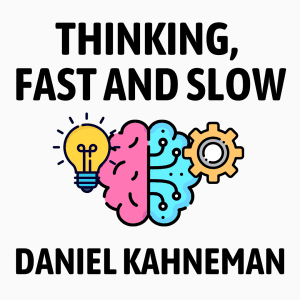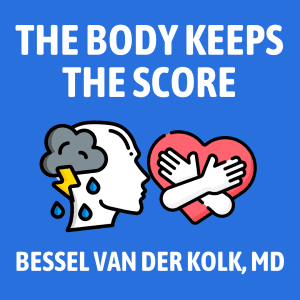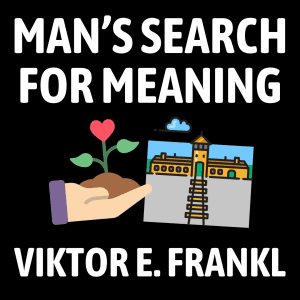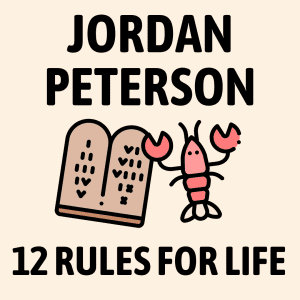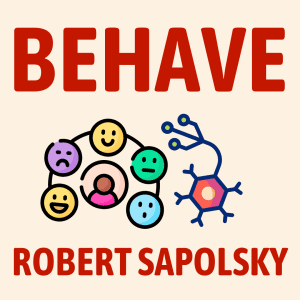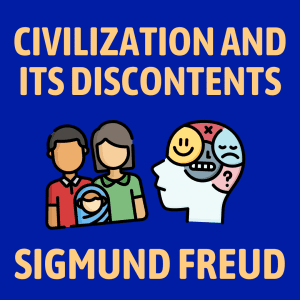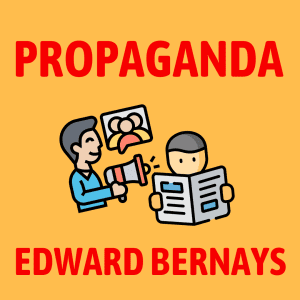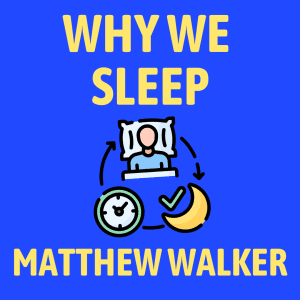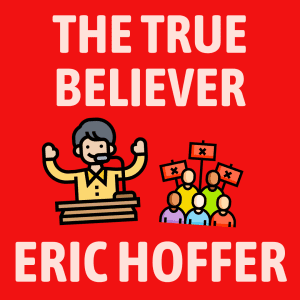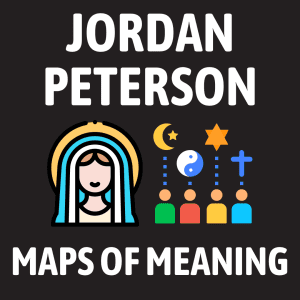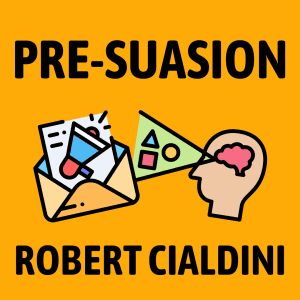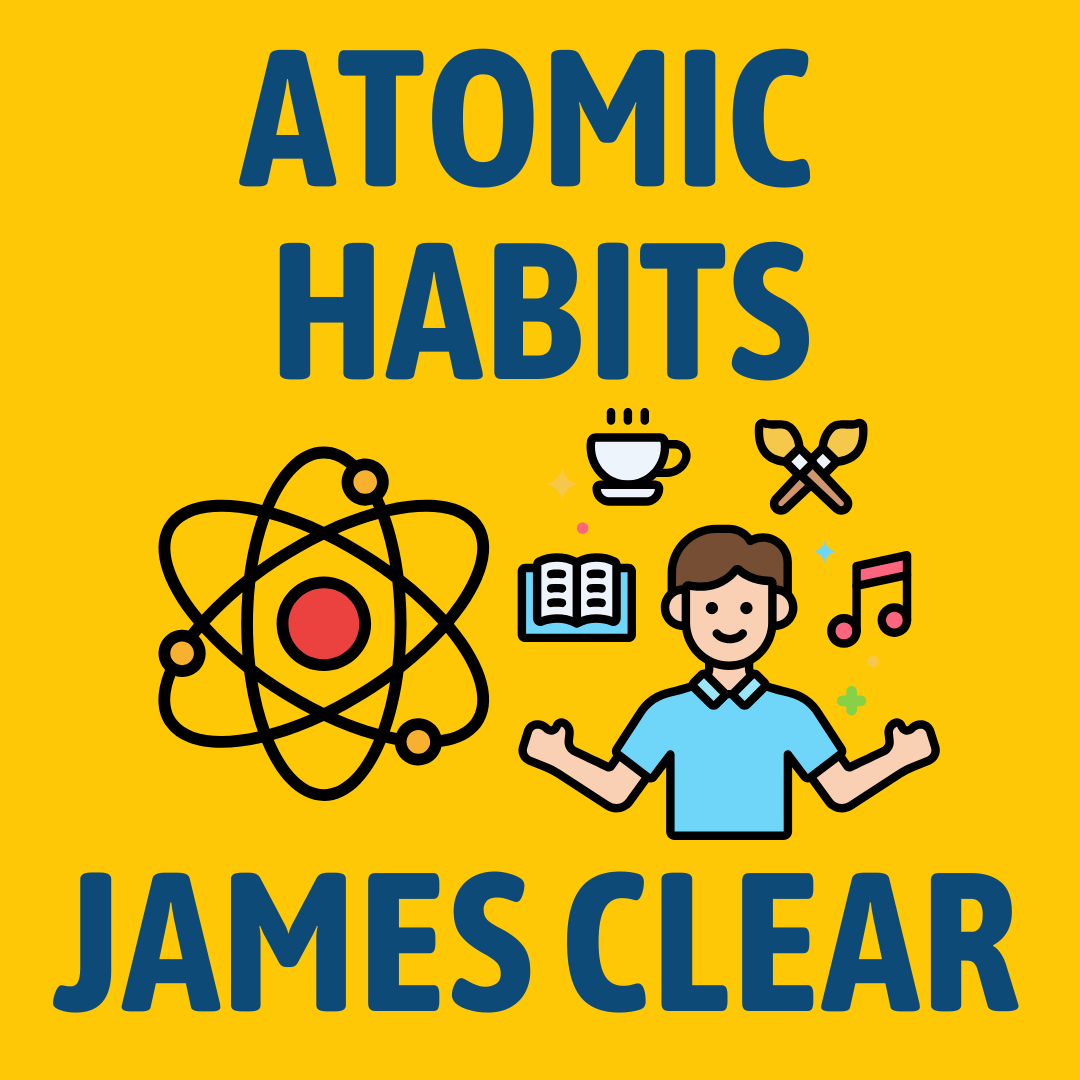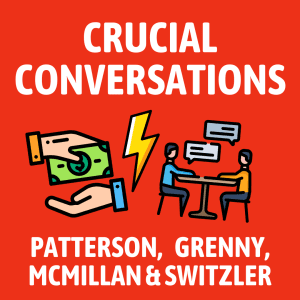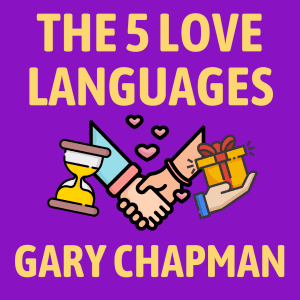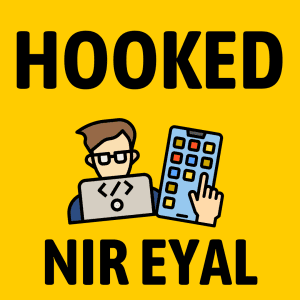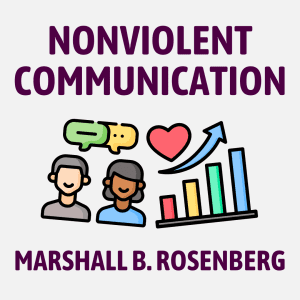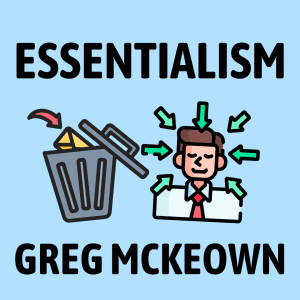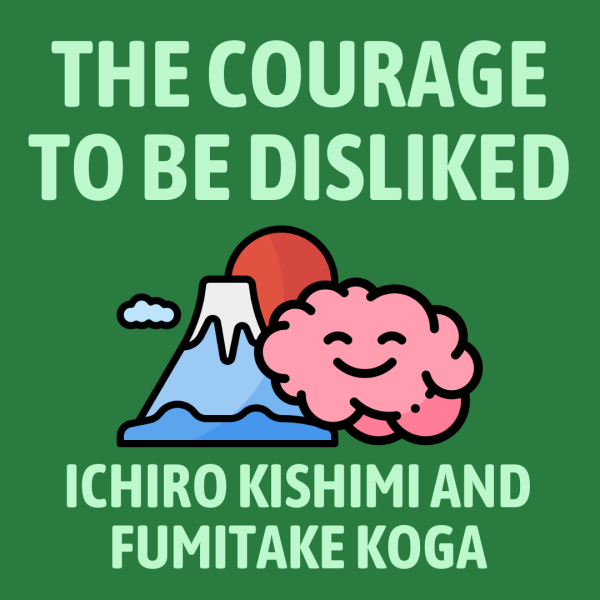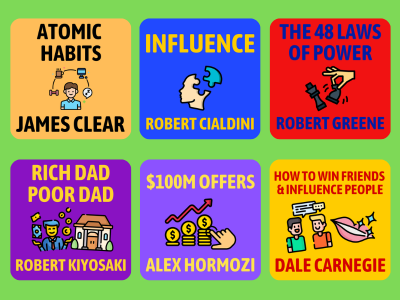The Courage to Be Disliked is a philosophical self-help book written as a conversation between a young man and a philosopher.
Based on the ideas of psychologist Alfred Adler, it challenges the belief that your past defines you.
Instead, it argues that you control your present choices—and that true freedom comes from taking full responsibility for your life and letting go of the need for approval.
Why read it?
You should read The Courage to Be Disliked because it’s basically a philosophical slap in the face—in the best way possible.
It tells you that your past doesn’t matter, your excuses are lies, and your desire to be liked is what’s ruining your life.
But somehow, it makes all that feel incredibly freeing.
It's like getting life advice from a calm, slightly smug monk who knows exactly why you're miserable—and then shows you how to stop being your own worst enemy.
If therapy, stoicism, and a pep talk had a baby, this book would be it.

